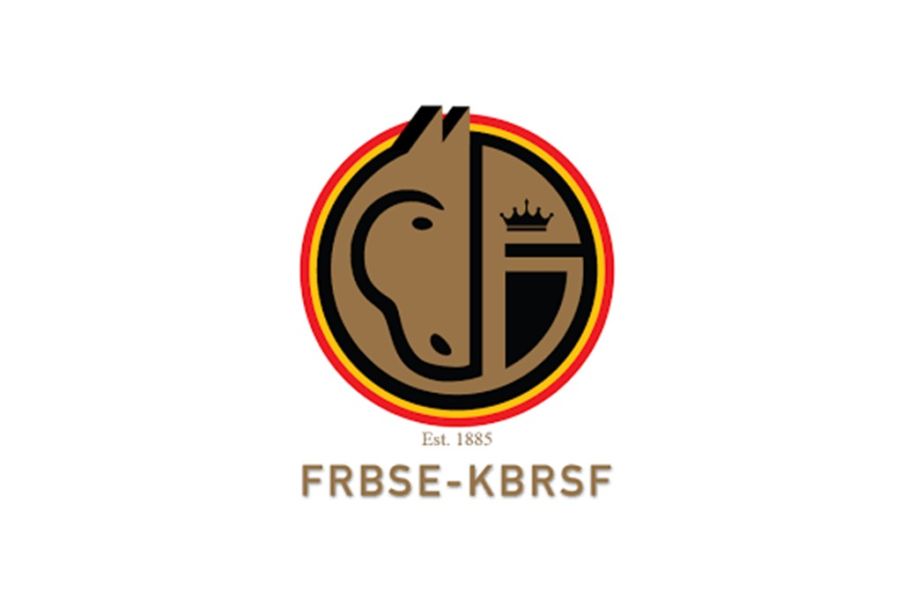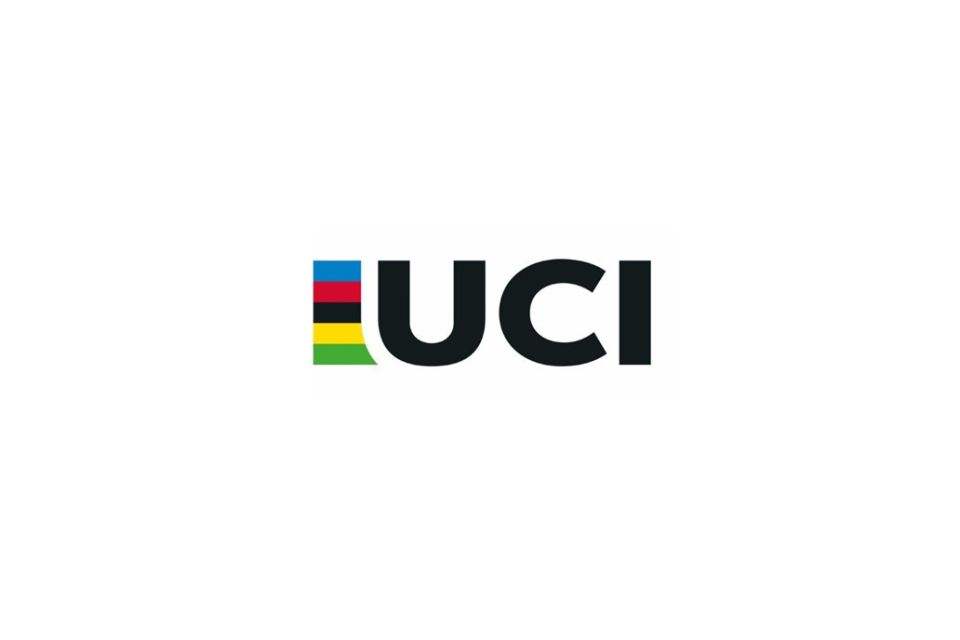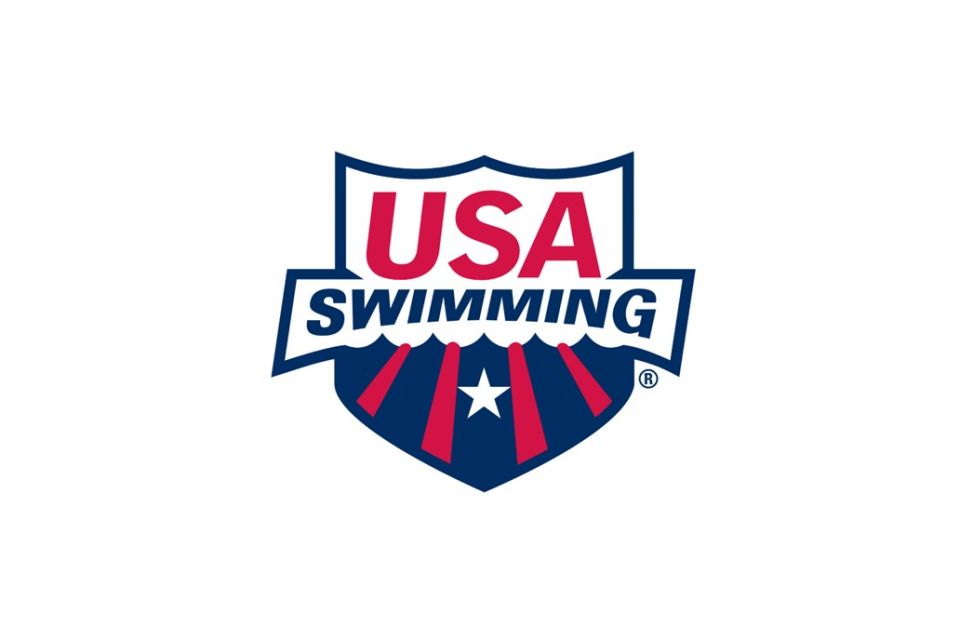
Belgium’s Domien Michiels has been disqualified from Equestrian in the 2024 Paris Olympic Games due to administering eye drops to his sick dog, meaning his individual results from the Paris Olympics dressage no longer count. The International Testing Agency (ITA) announced that Michiels inadvertently tested positive for a banned substance. If he had taken the drops himself, his individual results would still be valid.
The ITA stated that the analysis of Michiels's sample from the Olympics reported an adverse analytical finding for dorzolamide - a prohibited diuretic and masking agent - which resulted in an anti-doping rule violation (ADRV).
Interestingly, if Michiels had taken the eye drops himself, it would not have been an ADRV, as the ITA said direct application to the eyes is considered a permitted route. However, all other types of administration result in an ADRV.
The ITA stated: “The athlete was able to establish that dorzolamide entered his body inadvertently when he administered eye drops containing dorzolamide to his dog to treat the dog's illness…
Considering that dorzolamide did not enter the athlete's system through topical ophthalmic route exclusively and in light of the principle of 'strict liability', the presence of dorzolamide in his sample constitutes an ADRV…
The athlete was however able to establish that he bore 'No Fault or Negligence' for the ADRV.”
As Michiels was able to establish that he bore no fault, the ITA ruled that the only punishment was the disqualification of his individual results in the Dressage Team Grand Prix event at the Paris Games on August 3. Michiels competed with his horse Intermezzo VH Meerdaalhof, finishing 22nd in the Grand Prix in Versailles.
Michiels was not given a mandatory provisional suspension as Dorzolamide is classified as a specified substance by WADA rather than a non-specified substance. According to the global watchdog, the purpose of these sub-classifications is to recognise that it is possible for a substance to enter an athlete's body inadvertently, and it therefore “allows a tribunal more flexibility when making a sanctioning decision.”
Those found under the specified substance classification are considered more likely to have been consumed for a purpose other than the enhancement of sports performance such as treating medical conditions.
The results of the Belgium team, which finished fifth at the Olympics, will not be disqualified.
The Royal Belgian Equestrian Federation (KBRSF) expressed: “As a federation, we attach great importance to a fair and doping-free sport. Of course, we recognize the decision of the ITA and the IOC, but we want to emphasise again that although this finding is considered a doping violation, it was also determined that Domien Michiels is not at fault in any significant way. It is clear that there was no intention of unfair behaviour or negligence on his part.”
The organisation continued: “In addition, we are relieved that the team result of our Belgian team is preserved, which is an important recognition of the commitment and performance of the entire team. We continue to support Domien during this challenging period and maintain full confidence in his integrity as an athlete.”
41-year-old Michiels fully accepts the ITA’s verdict. He voiced: “I accept the decision that acknowledges that I was not negligent and had no intention to cheat or break the rules…
I now look ahead to continue to give the best of myself in equestrian sports in the future.”
Despite Michiels acceptance, relevant anti-doping organisations such as the World Anti-Doping Agency (WADA) and the Athlete's National Anti-Doping Organisation have a right to appeal the decision if they choose to.
The ITA’S official statement on Michiels can be found here.


